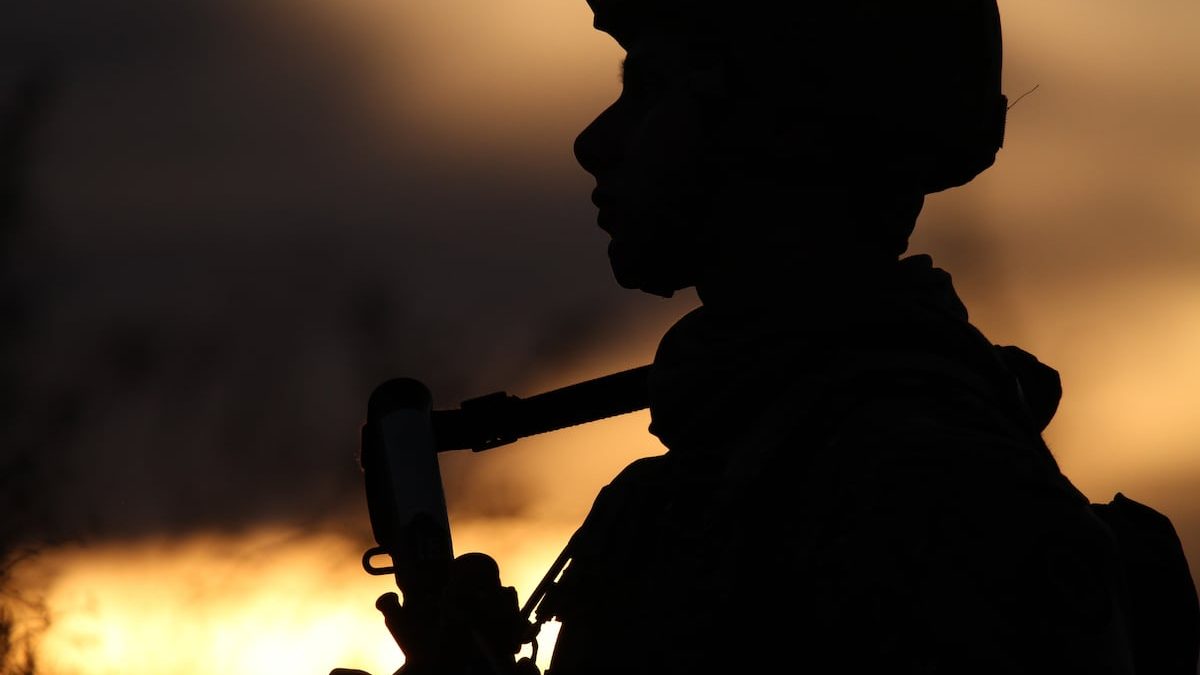A new U.S. Army directive orders commanders to act within hours — not days — when a soldier goes missing, giving them three hours to classify a service member as “absent-unknown” and eight hours to notify the soldier’s family once the absence is discovered.
The change, issued by Army Secretary Dan Driscoll last week, compresses what sometimes can be a slow, inconsistent process for tracking soldiers with unknown whereabouts and involves law enforcement sooner.
Commanders now have 48 hours to determine if a soldier’s disappearance is voluntary or the result of something more serious or sinister. During that window, Army leaders are required to alert local Army law enforcement, enter the soldier’s name into the National Crime Information Center database and issue a “be on the lookout” notice and request help from local civilian police.
If the absent soldier is not found after two days, commanders must determine, by a “preponderance of evidence,” the directive says, whether the soldier’s status will change to AWOL, or Absent Without Authorized Leave, or missing under the casualty code DUSTWUN, known as Duty Status – Whereabouts Unknown.
Commanders are told to report as missing any soldier who “indicates the potential for self-harm and is not located during the initial 48 hours,” according to the new policy.
Before this new policy, commanders had 24 hours to account for a soldier before declaring them AWOL unless there was evidence that the disappearance was not voluntary.
The change follows years of criticism after high-profile cases, like the disappearance of Army Spc. Vanessa Guillén, exposed systemic failures in the Army’s response to missing soldiers. Guillén vanished from a Texas base in 2020 and the Army was initially criticized for perceived lack of urgency around the case.
Her body was discovered months later and the outrage that followed led to an independent committee review, which found that “inaction in critical areas,” had taken root over time, creating what the commission called a “paradigm of benign neglect.”
Natalie Khawam Case, the attorney who represented Guillén and her family, commended the policy update but lamented that it came too late for her client.
“If they had this policy in place at the time Vanessa went missing, the Army would have quickly contacted the police and actually started searching for her themselves,” she told Military Times.
Khawam Case admitted there are no guarantees it would have saved Guillén but she could not help but wonder.
“You never know, it could have prevented her death,” she said.
About Eve Sampson
Eve Sampson is a reporter and former Army officer. She has covered conflict across the world, writing for The New York Times, The Washington Post and The Associated Press.
Read the full article here


